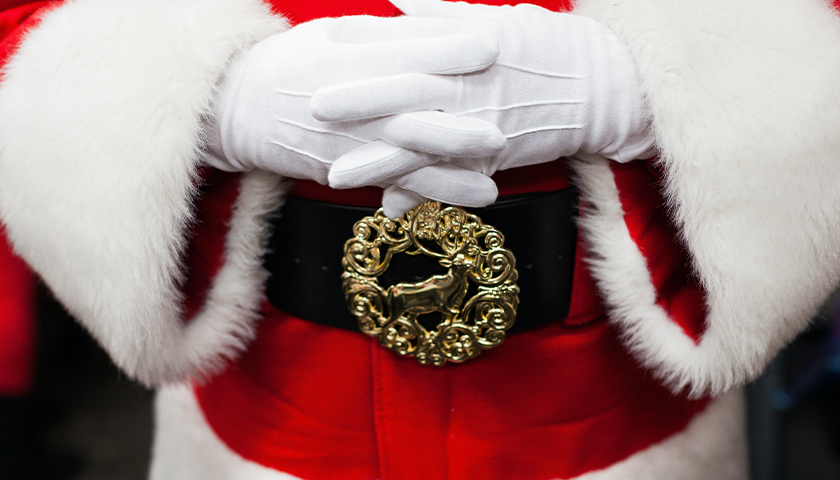Christmas brings us a feast of words and music: songs played 24/7 on some radio stations, classic literature like A Christmas Carol and “A Visit From St. Nicholas,” a stocking full of new children’s books every year along with the classics like How the Grinch Stole Christmas, films enough to watch every day from Advent throughout Christmastide. And that’s not to mention the ubiquitous Nutcracker performances, kids’ plays at churches and schools, and carolers strolling the corridors of nursing homes and assisted living facilities.
Read MoreTag: poetry
Commentary: The Importance of Poetry
The unfortunate truth is that virtually no one reads poetry anymore. Though there are many reasons why this may be the case, as a former educator, the common grievances I heard against poetry were that it was too abstract, complex, and generally wandering. But it is for these very reasons that poetry is one of the highest forms of human expression.
Read MoreCommentary: The Chivalrous Advocates for Human Rights Behind Today’s Valentine’s Day
Valentine’s Day annoys many people.
For many in a relationship, the pressure to impress a partner can weigh heavily, and expensive gifts serve as a reminder of the relentless commercialization of the holiday. Meanwhile those still looking for love approach the day with trepidation – another reminder of their single status and the pressure to find a partner.
Read MoreCommentary: ‘Twas the Night Before Christmas’ Helped Make the Modern Santa – and Led to a Literary Whodunit
The poem “A Visit from St. Nicholas,” better known by its opening line “‘Twas the Night before Christmas,” has a special place among Christmas traditions, right alongside hot chocolate, caroling and bright lights. It has also inspired the modern image of Santa Claus as a jolly old man sporting red and a round belly.
But this poem has been steeped in controversy, and debate still looms over who the true author is. Traditionally, Clement C. Moore – a 19th-century scholar at the General Theological Seminary in New York, where I work as a reference librarian – has been credited with writing the poem in 1822 for his children. Every December, library staff shares our multiple copies of the poem in an exhibit to celebrate the holiday season.
No matter who wrote it, the poem is a fascinating object that has shaped Christmases past, present – and maybe yet to come.
Read More



